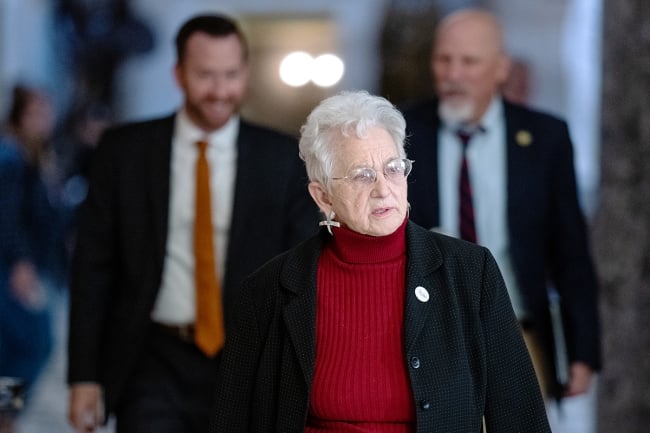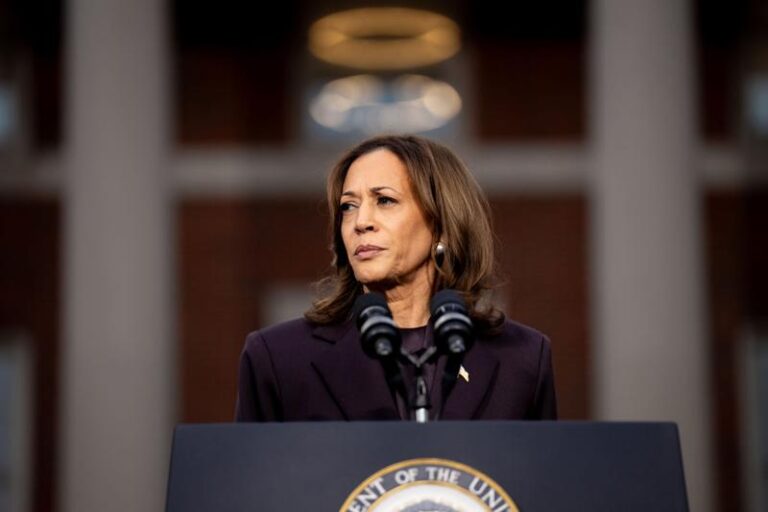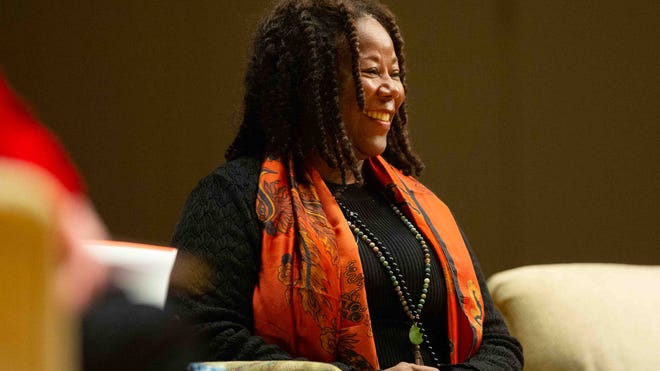House Bill Aims to End Woke Policies in Higher Education
Ending Woke Policies in Higher Education: The Latest House Bill
In recent months, the conversation around “woke policies” in higher education has reached fever pitch. On one side, advocates argue that these policies foster inclusivity and diversity; on the other, critics claim they represent a disturbing encroachment on freedom of speech. So, what’s the latest development? A new House bill aims to put a stop to what some see as an overwhelming tide of political correctness in our colleges and universities, stirring up a considerable discussion about the future of education in America. Buckle up, because we’re diving into this controversial topic headfirst!
What’s All That Noise About “Woke Policies”?
Woke policies primarily refer to practices in educational institutions that promote social justice and are aimed at combating perceived systemic inequalities. Supporters say these policies are essential for creating an inclusive environment, while opponents argue that they often lead to censorship, ideological conformity, and a suppression of free speech.
Think of it like this: if universities are a melting pot, are we letting some flavors dominate while others are suppressed? The ongoing debates make it clear that not everyone is on the same page regarding what kind of ingredients—culture, history, or ideology—should be included in this stew we call education.
The House Bill: A Game-Changer?
As the political climate heats up, this House bill has emerged as a significant factor in the education policy debate. The goal? To put an end to policies deemed “woke” in institutions of higher learning. It’s essentially a response to what some lawmakers describe as a troubling trend that stifles freedom of thought and expression.
As of late September 2023, this bill has cleared the House, and its implications could be profound. Imagine a domino effect where, if passed further into legislation, it could change the entire landscape of higher education. Universities that have embraced these policies might now need to rethink their approaches—no more mandatory courses on social justice or diversity training, and no more trigger warnings before sensitive material. But is this really the solution to the issues at hand?
The Political Tug-of-War
It’s no surprise that this bill has reignited discussions around politics in education. Reactions from both sides have been swift and loud, often resembling a game of tug-of-war—each group vying for control over how education should be conducted.
-
Opponents of the Bill argue that repealing woke policies would only serve to silence marginalized voices and undermine decades of progress in diversity and inclusion. They fear that without these policies, colleges might become less welcoming to students from various backgrounds, effectively rolling back gains made during the Civil Rights Movement and later social justice movements.
-
Supporters of the Bill, on the other hand, contend that higher education should be about open dialogue and the exchange of ideas, rather than indoctrination. They assert that provisions like mandatory diversity training only foster resentment and division among students.
In a way, it’s reminiscent of two kids arguing over the last slice of pizza—each believing they’re entitled to it while missing the bigger picture: sometimes, a compromise can yield the tastiest result.
The Impacts on College Campuses
If this House bill goes beyond just the confines of the House and becomes law, the impacts on college campuses could be immense. Here’s a glimpse into what that may look like:
1. Curricular Changes
Imagine walking into a classroom where the syllabus has been drastically altered. Without the influence of woke policies, courses focusing on themes of race, gender, and identity might get significantly less attention—or even removed altogether. Would that leave students with a well-rounded understanding of their world or narrow their perspectives?
2. Campus Organizations
Campus groups that have flourished under the protection of woke policies might face renewed scrutiny. Organizations providing safe spaces for underrepresented populations may be challenged, potentially stifling voices that desperately need to be heard.
3. The Classroom Environment
Teachers might find themselves in a new, complicated atmosphere. What happens when discussions about social justice arise? Would educators feel freer to express opinions or more constrained, fearing backlash from students or even the administration?
4. Diversity of Thought
This bill could spark a movement toward promoting a diversity of thought. While critics worry that this could lead to a homogenization of ideas, proponents believe it opens doors for debates that have been deemed too controversial in today’s climate.
The Role of Online Education
Another intriguing angle to consider is the role of online education. In our increasingly digital world, online courses are surging in popularity. With the bill steering the conversation toward ending woke policies, will online universities also follow suit? Could we see a new wave of education free from these constraints, where students can freely explore ideas without the watchful eye of “woke” policy enforcement?
The Legal Fight
Of course, this proposed bill is also ripe for legal challenges. With so much on the line, it won’t be surprising if multiple lawsuits emerge from various educational institutions claiming that the bill violates their autonomy. Picture a game of chess, with both sides carefully strategizing to protect their interests. How will courts navigate the murky waters of education rights and freedom of speech?
What Lies Ahead
As this bill moves forward in Congress, it raises some critical questions for educators, students, and policymakers:
- Will we see a sharper divide among institutions taking different approaches?
- What will be the long-term effects on student engagement and mental health?
- Is this ultimately a fight for free speech, or is it an erosion of hard-won rights for marginalized groups?
The answers to these questions could shape not only the future of higher education but also societal attitudes toward inclusivity and freedom of expression.
Conclusion
The new House bill aimed at ending woke policies in higher education has ignited a fierce debate that shows no signs of slowing down. Whether you’re a supporter or a critic, one thing is clear: the way we educate our youth is at a crossroads. As we navigate these complicated waters, let’s remember that conversations about education can no longer be black and white—they’re filled with numerous shades of gray.
As we move forward, the legacy of this legislation—and the ongoing dialogue surrounding it—will resonate in the halls of academia for years to come.
FAQs
1. What are “woke policies” in higher education?
Woke policies refer to practices that promote social justice, diversity, and inclusion within educational institutions. They often include diversity training, safe spaces, and curricular mandates on equity.
2. What is the goal of the new House bill?
The goal of the new House bill is to end policies considered “woke” within higher education to promote freedom of speech and thought on college campuses.
3. How could this bill affect students and faculty?
If passed, the bill could lead to significant changes in curricula, campus organizations, and classroom environments, potentially limiting discussions on social justice issues and creating a less inclusive atmosphere.
4. Are there likely to be legal challenges to this bill?
Yes, many educational institutions may challenge the bill in court, claiming violations of their autonomy and rights concerning educational practices.
5. What is the overall public sentiment around this issue?
Public sentiment is divided, with supporters advocating for free expression and critics warning against the regression of social equity and inclusion efforts in education.







